Slap Cheek in Children
Parvovirus, a common childhood illness is also called fifth disease or slapped cheek syndrome. The incubation period is 1-20 days and you are most infectious in the days before the typical “slapped cheek” rash appears. Outbreaks of parvovirus are most common in the Spring.
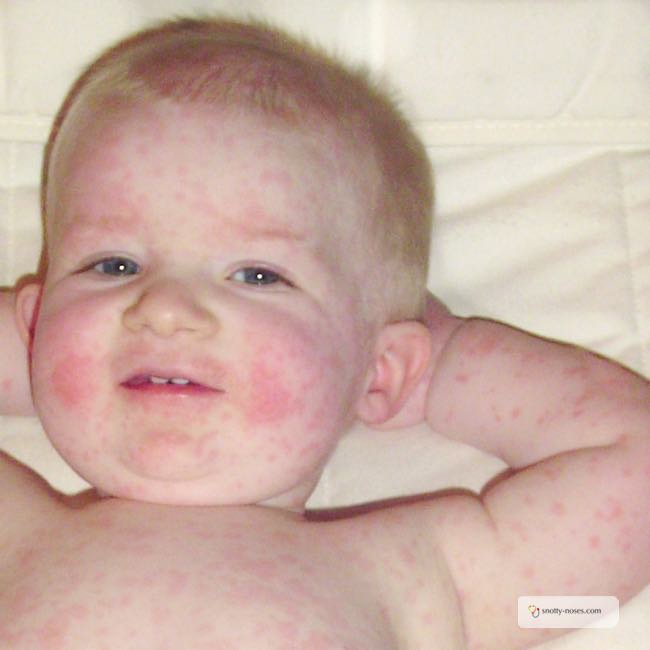
Parvo Symptoms
Slap Cheek begins with a fever and runny nose. Then your child’s cheeks turn bright red as if someone has slapped them. Over the next few days a lacy rash spreads over the rest of the body.
- a slightly high temperature (fever) of around 38°C (100.4°F)
- a runny nose
- a sore throat
- a headache
- an upset stomach
- feeling generally unwell
The infection is most contagious during this initial period. By the time the Slap Cheeks have appeared, you are no longer contagious. Gradually the rash fades over a week or two.
Complications of Slap Cheek
Complications of slap cheek are rare although it can cause complications in people who have chronic aneamic conditions such as sickle cell disease or thalassaemia. Also, pregnant women who are not immune to the disease, can pass it onto their foetus which may result in stillbirth. Pregnant women who come into contact with slap cheek should go and see their family doctor or midwife,.
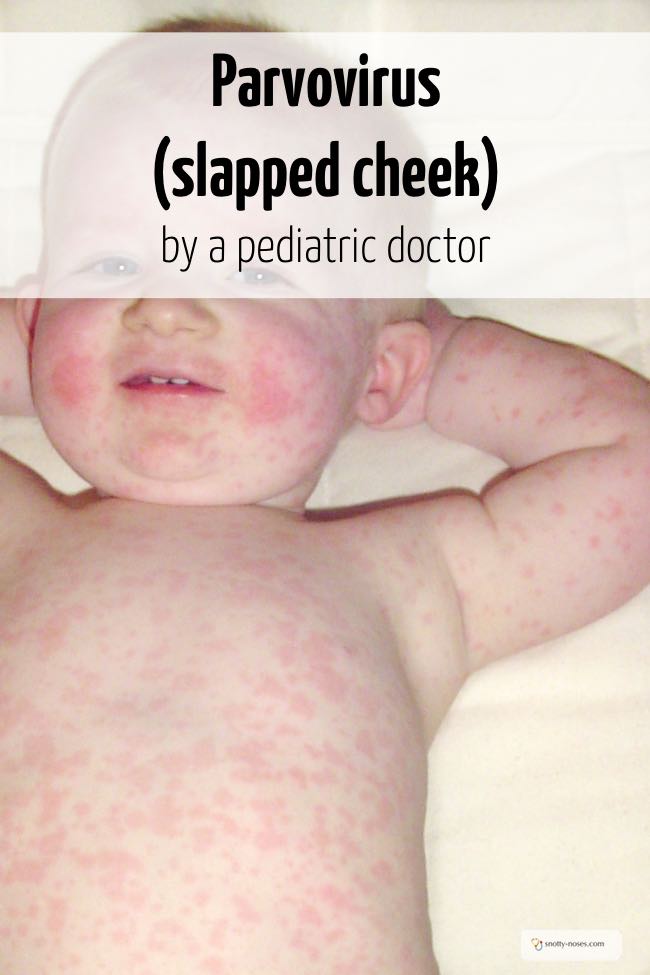
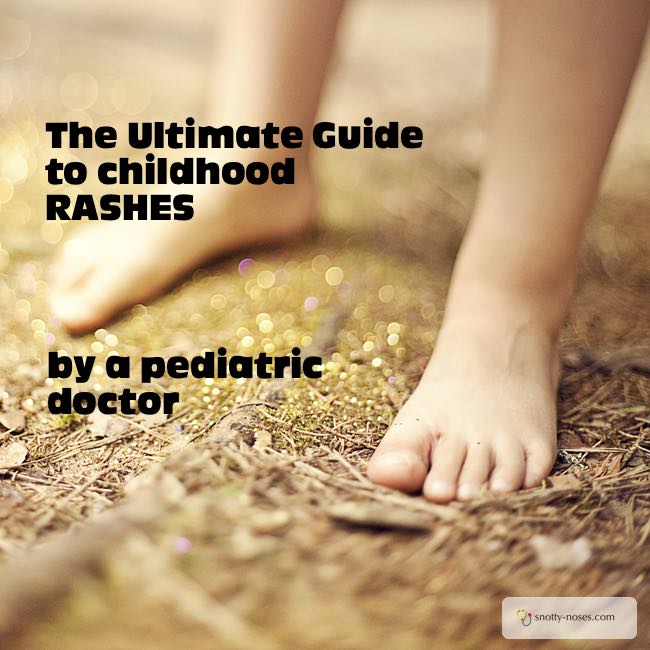
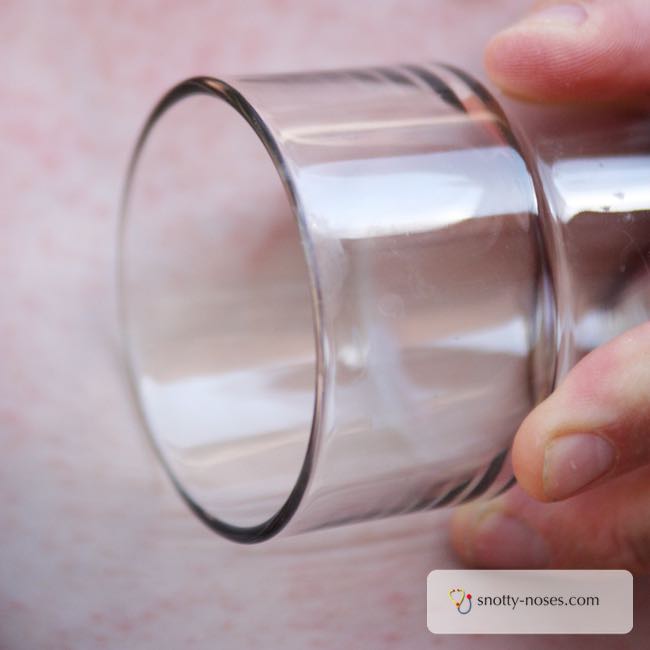
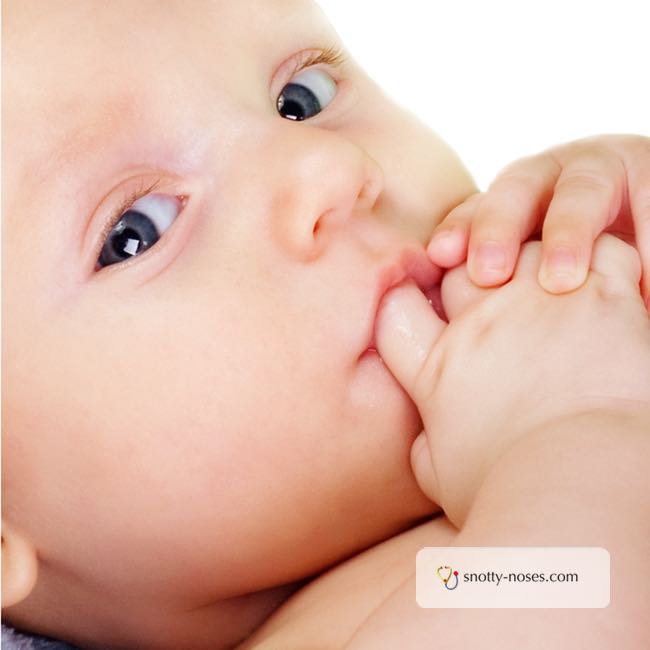
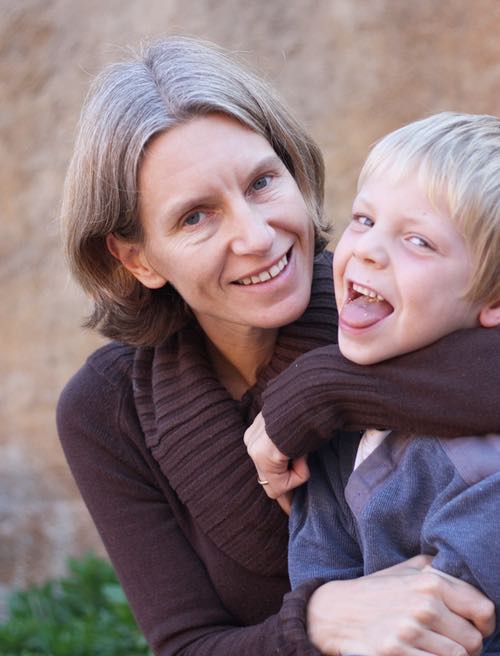
 Feeding Toddlers.
Feeding Toddlers. Would you like your kids to eat more healthily? Check out the book!
Would you like your kids to eat more healthily? Check out the book!